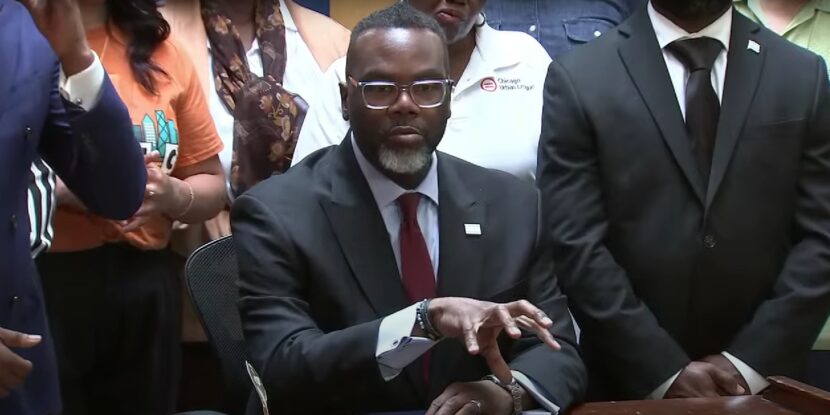❓WHAT HAPPENED: The 9th U.S. Circuit Court of Appeals has found President Donald J. Trump’s Executive Order ending birthright citizenship unconstitutional and issued a nationwide injunction blocking the measure.
👤WHO WAS INVOLVED: President Trump, the 9th U.S. Circuit Court of Appeals, the Department of Justice (DOJ), the U.S. Supreme Court, and illegal immigrants and their children.
📍WHEN & WHERE: The decision was handed down late Wednesday, July 24, 2025.
💬KEY QUOTE: “The district court correctly concluded that the Executive Order’s proposed interpretation, denying citizenship to many persons born in the United States, is unconstitutional. We fully agree.” — 9th Circuit’s majority
🎯IMPACT: The ruling marks a significant legal setback for the Trump White House; however, it does clear the path for the administration to bring the matter before the U.S. Supreme Court.
Late Wednesday evening, the 9th U.S. Circuit Court of Appeals handed down a ruling declaring President Donald J. Trump‘s Executive Order ending birthright citizenship unconstitutional. The ruling marks a significant legal setback for the Trump White House; however, it does clear the path for the administration to bring the matter before the U.S. Supreme Court.
“The district court correctly concluded that the Executive Order’s proposed interpretation, denying citizenship to many persons born in the United States, is unconstitutional. We fully agree,” the 9th Circuit’s majority wrote. In addition, the judges agreed with the plaintiffs, a coalition of Democrat governed states, that the matter fell under the exceptions laid out by the Supreme Court justices regarding their restrictions on nationwide injunctions: “We conclude that the district court did not abuse its discretion in issuing a universal injunction in order to give the States complete relief.”
“We should approach any request for universal relief with good faith skepticism, mindful that the invocation of ‘complete relief’ isn’t a backdoor to universal injunctions,” Judge Patrick Bumatay wrote in dissent. The judge argued that it is unlikely the states have the proper legal standing to sue, but did not directly address the constitutionality of President Trump’s Executive Order.
The Constitution’s 14th Amendment states, “All persons born or naturalized in the United States, and subject to the jurisdiction thereof, are citizens of the United States and of the State wherein they reside.” However, the Department of Justice (DOJ) maintains that the clause in the amendment stating “subject to United States jurisdiction” means it does not necessarily grant citizenship to a child simply for being born in the United States.
The coalition of Democratic states points to the precedent established by the 1898 Supreme Court decision in United States v. Wong Kim Ark. In that decision, the high court held, “a child born in the United States, of parents of Chinese descent, who, at the time of his birth, are subjects of the Emperor of China, but have a permanent domicile and residence in the United States, and are there carrying on business, and are not employed in any diplomatic or official capacity under the Emperor of China,” was granted U.S. citizenship at birth.
However, the DOJ and critics of the United States’ birthright citizenship policies contend that the decision does not apply to the children of immigrants in the country illegally. The Supreme Court has not clarified whether this is the case.
Join Pulse+ to comment below, and receive exclusive e-mail analyses.




















